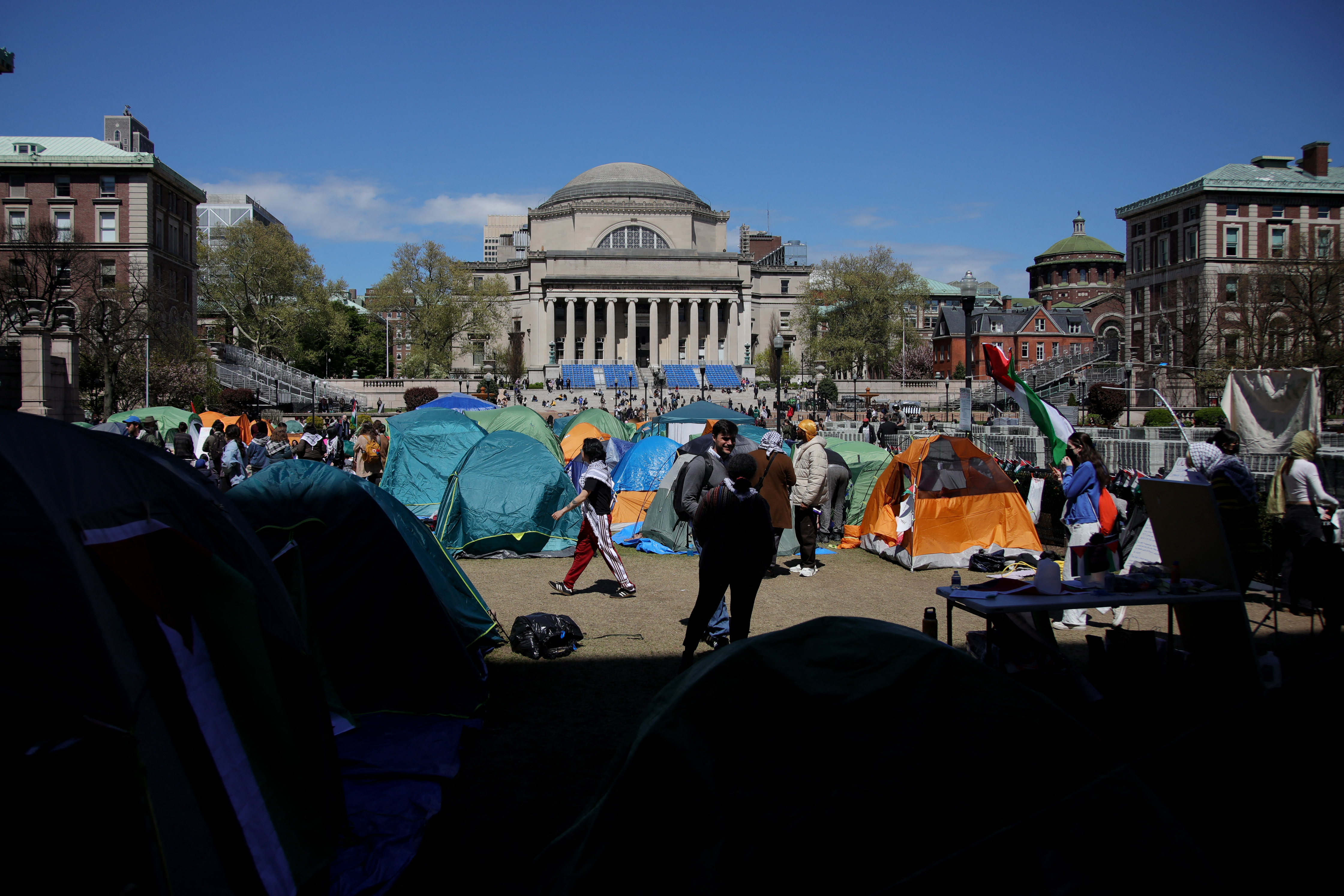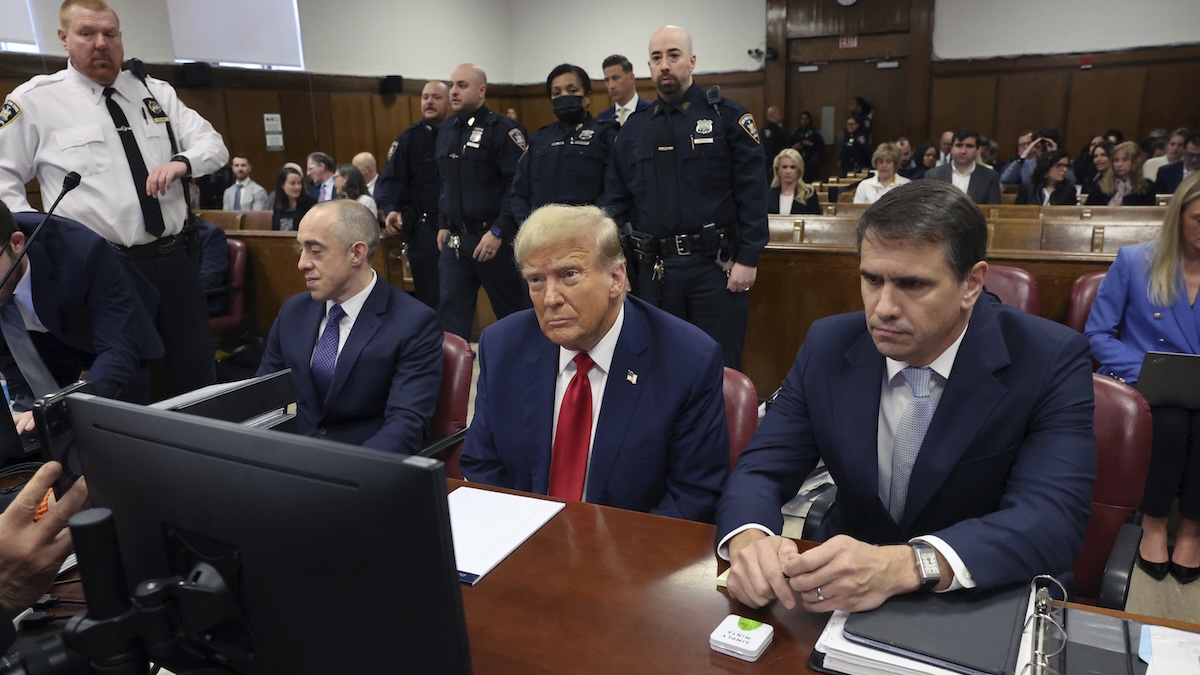What to Know
- New Jersey Supreme Court rules that state Attorney General can order release of police disciplinary files, with some restrictions
- The justices said officers who were disciplined before the AG's directive and were promised their names would not be released can ask a judge to block the public disclosure
- The directives were suspended after police and troopers unions sued
The New Jersey Supreme Court ruled Monday that state Attorney General Gurbir Grewal can order the release of police disciplinary files, with some restrictions.
The decision upheld a state appellate court ruling issued last October. That panel ruled unanimously that Grewal has the authority to release the files and rejected arguments made by police and troopers unions seeking to block the releases.
“The challengers present a number of concerns; yet, in our view, the Directives satisfy the deferential standard of review,” Chief Justice Stuart Rabner wrote in the decision for the unanimous court. “They are designed to enhance public trust and confidence in law enforcement, to deter misconduct, to improve transparency and accountability in the disciplinary process, and to identify repeat offenders who may try to move from one sensitive position to another. In short, the Directives are consistent with legislative policies and rest on a reasonable basis.”
Get Tri-state area news and weather forecasts to your inbox. Sign up for NBC New York newsletters.
Grewal announced his plan last year in the days after the killing of George Floyd by Minneapolis police sparked protests and calls for more police accountability.
Grewal’s directives issued last June required law enforcement agencies across the state to begin publicly identifying officers who were fired, demoted or suspended for more than five days because of a disciplinary violation, and required state police to release data going back to 2000.
The state Supreme Court ruling permits the release of discipline that has occurred since Grewal’s directives were issued. However, the justices said officers who were disciplined before that and were promised their names would not be released can ask a judge to block the public disclosure.
News
The directives were suspended after police and troopers unions sued, saying Grewal didn’t have the authority to order the release of the files in part because they constitute personnel records that are exempt under state open records laws. They also alleged the directives were arbitrary and unreasonable and that the safety of officers and their families would be put at risk.
This story has been corrected to show that the Supreme Court ruling permits the release of discipline that has occurred since Grewal’s directives were issued, but officers who were disciplined before that and were promised their names would not be released can ask a judge to block the public disclosure.



